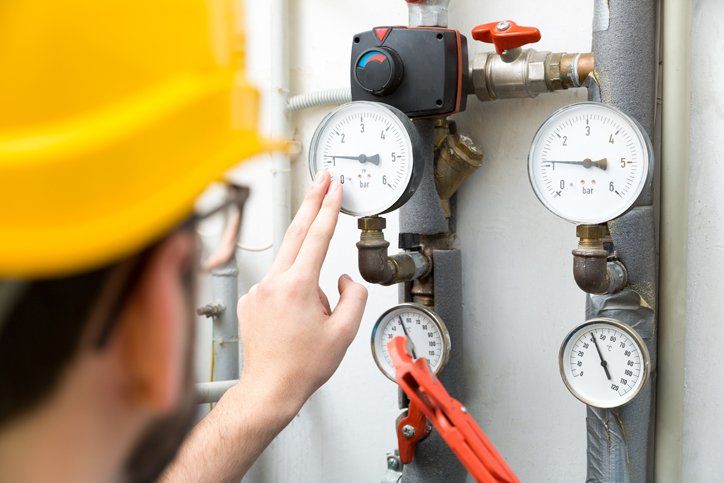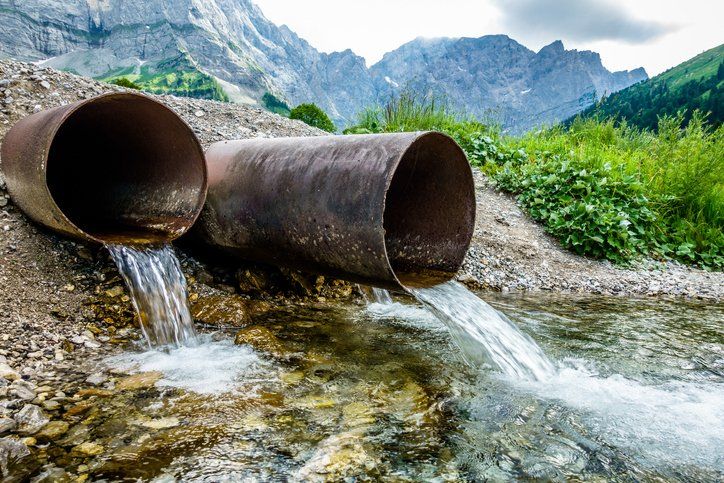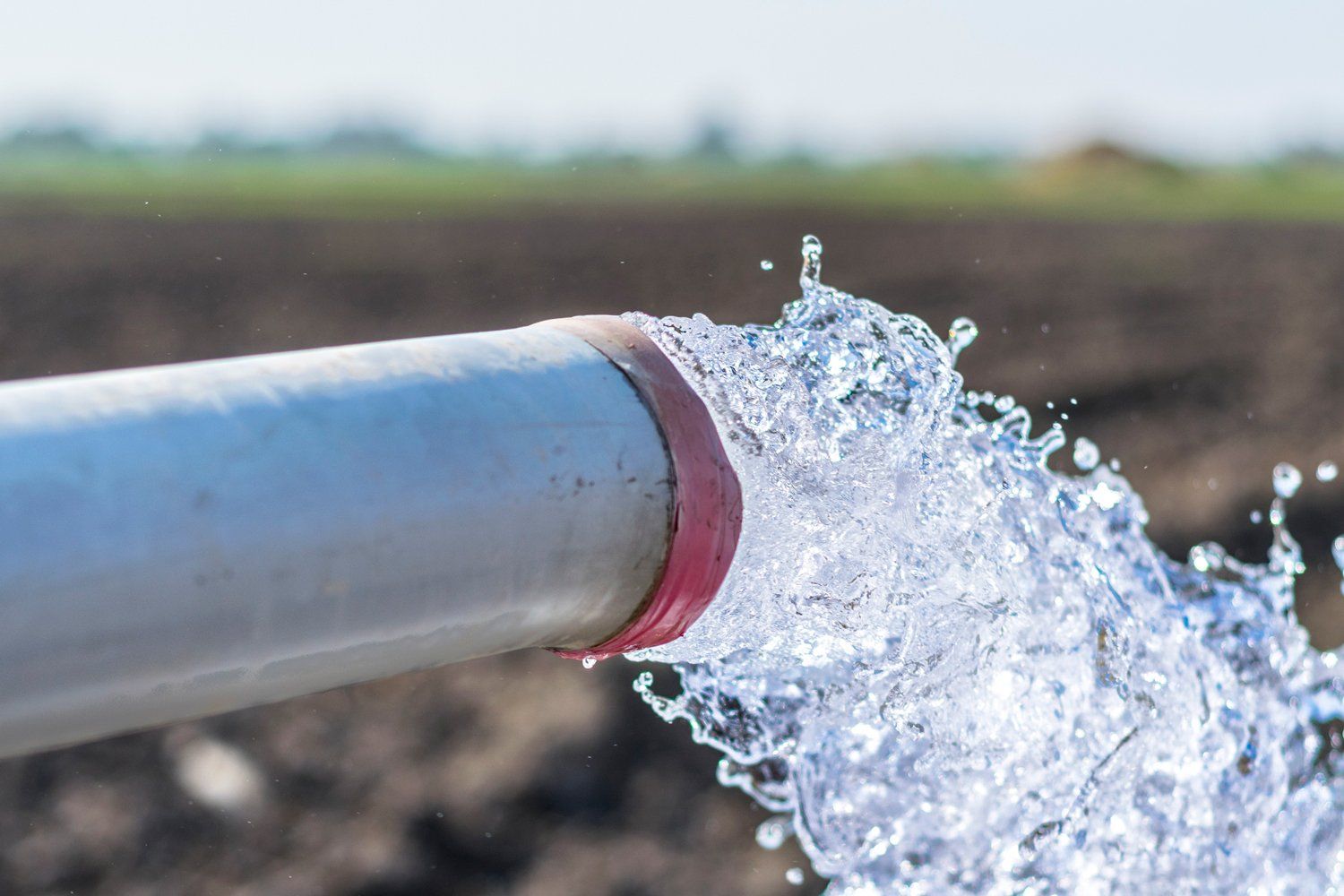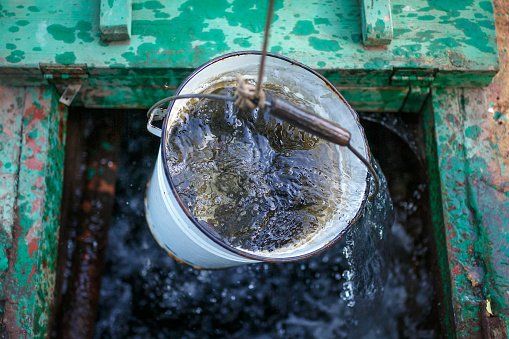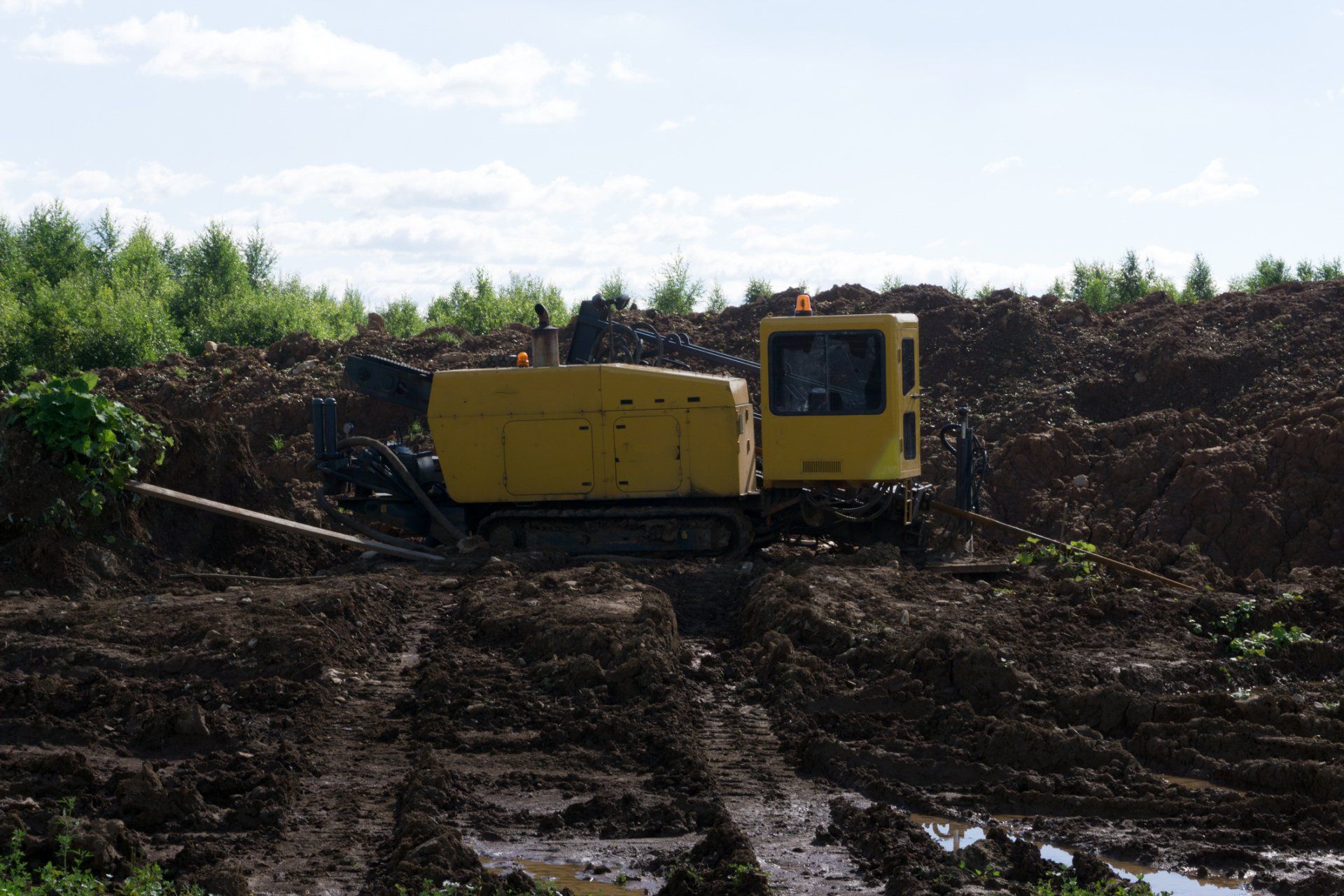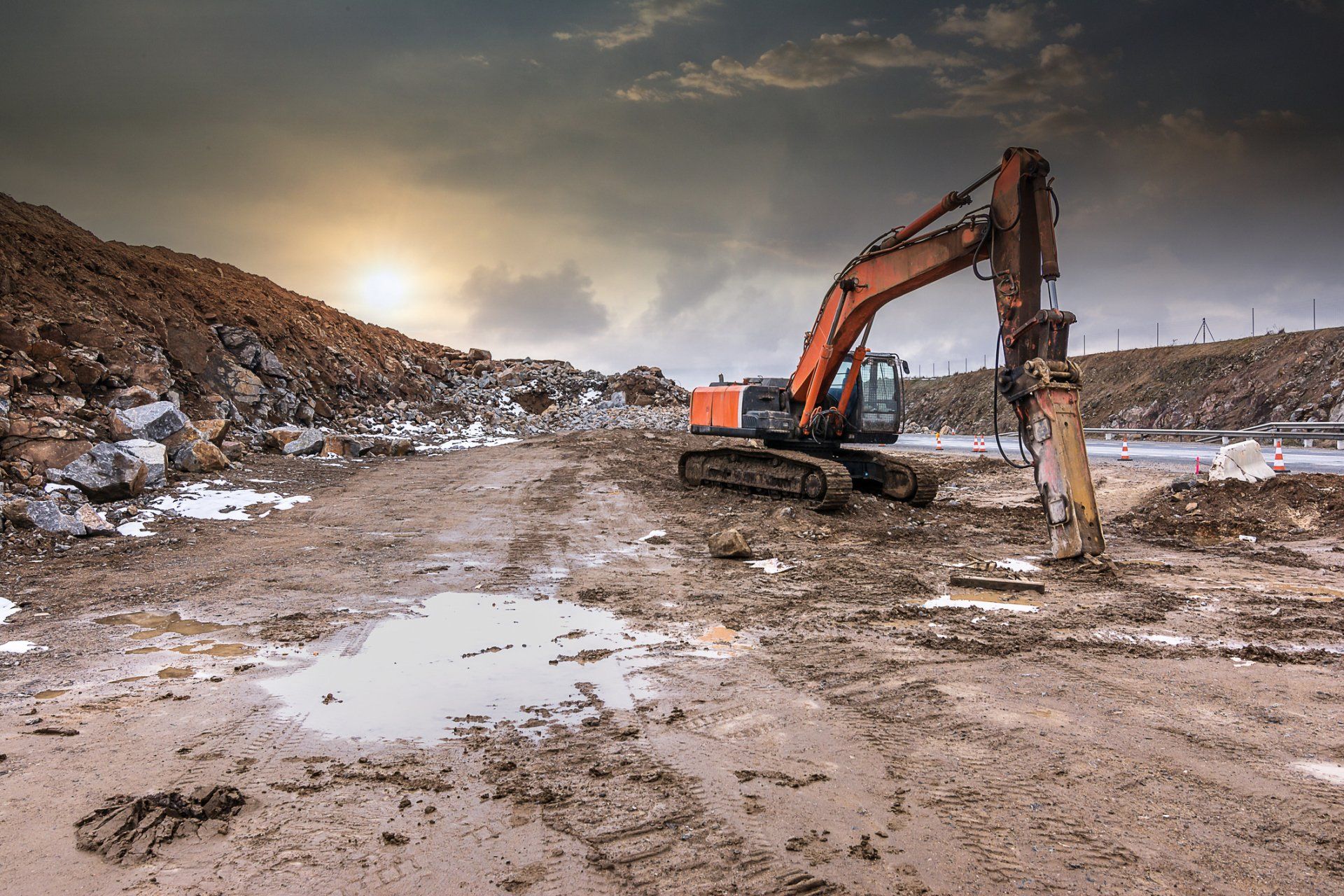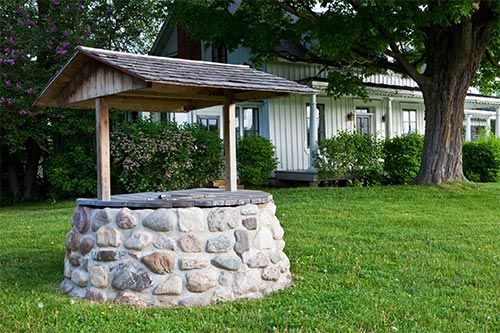4 Reasons Your Well Pump Might Fail
- By Admin
- •
- 21 Apr, 2020
- •
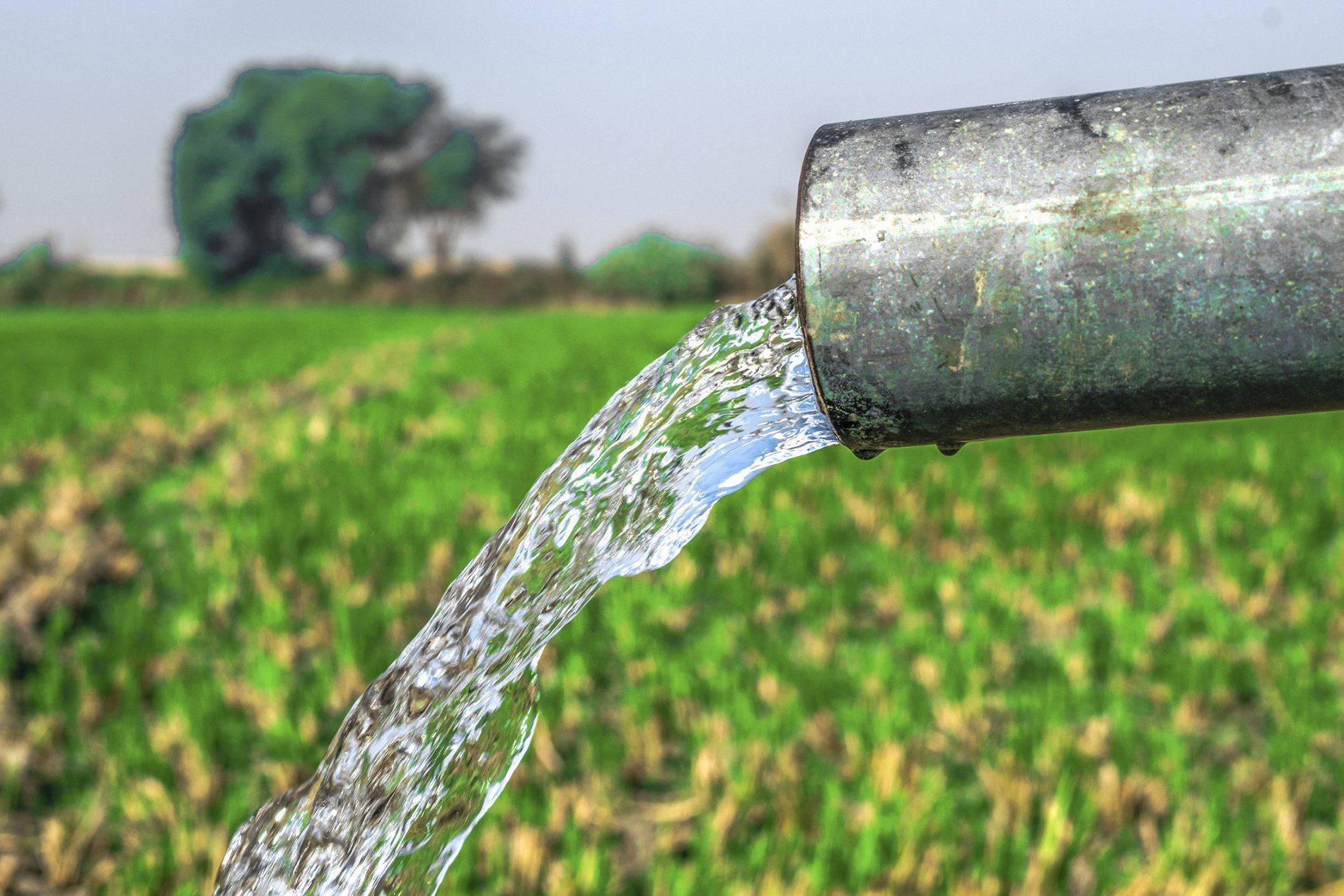
While it offers many advantages, owning a private well comes with some significant responsibilities as well. You are responsible for maintaining the quality of the water in the well and ensuring that all equipment used to pump water from the well to your home functions properly.
The pump is an integral part of any residential well water system. Problems with your pump can leave you without access to the fresh water you rely on, so it's important that you are able to troubleshoot pump issues quickly and efficiently. Here are some common reasons a pump may fail.
1. Power Problems
Your well pump must have access to electricity in order to move water effectively. If you have noticed a loss of water pressure or a complete lack of water in your home, you should always troubleshoot your pump by taking a look at the electrical box to which the pump is connected.
The circuit breaker could be tripped, the wiring in the electrical box could be damaged, or the pump may not be plugged in properly. Start the troubleshooting process with your pump's electrical system to rule out simple electrical issues as a cause for the sub-par water production of the pump.
2. Water Table Drop
The water table in your geographic area can have a direct impact on the performance of your well pump. Most residential water wells are equipped with submersible pumps that are lowered down the well and function below the surface of the water.
Drought conditions or the installation of multiple wells in the surrounding area can cause the water table to drop. If the water table drops below the position of your submersible pump, no water will be moved from your well into your home.
The easiest way to remedy pump problems caused by a low water table is to lower the pump itself deeper into the well. An expert can complete a core sample to help determine the exact depth of the water table so that you can restore your home's water supply.
3. Inadequate Pump Size
Pump size is an important factor when it comes to the reliability of your water supply. A pump that is too small will not be able to push enough water into your home to meet your needs. A pump that is too large will waste energy.
You may have started with a well pump that was sized appropriately, but many residential households can outgrow their existing well pump over time. If you have recently added to your home or increased the number of individuals living in the residence, your water demand has likely increased.
Rely on the help of an expert to select a pump that is capable of meeting your current needs to avoid water shortages in the future.
4. Sediment Buildup
A water supply that is housed underground is susceptible to invasion by sediment. Sand, silt, rust, or other contaminants can easily find their way into your well and compromise the efficiency of your pump.
Some homeowners see a dramatic reduction in water output when a pump is affected by sediment buildup, others may notice visible sand or silt particles coming from their plumbing fixtures.
Excess sediment is sucked into the pump along with any water in the well. Particulate matter can clog up the lines within the pump, restricting water flow and causing the pump to work harder to meet your water needs. Contact a well expert to have your pump maintained on a regular basis to avoid the negative effects of sediment on your water supply.
At McCall Brothers Inc., we understand the unique demands of a residential well pump. Contact us for help troubleshooting and maintaining your pump today.MCCALL BROTHERS INC.
IN BUSINESS SINCE 1938
PROFESSIONAL LICENSE NUMBER
PAYMENT OPTIONS










